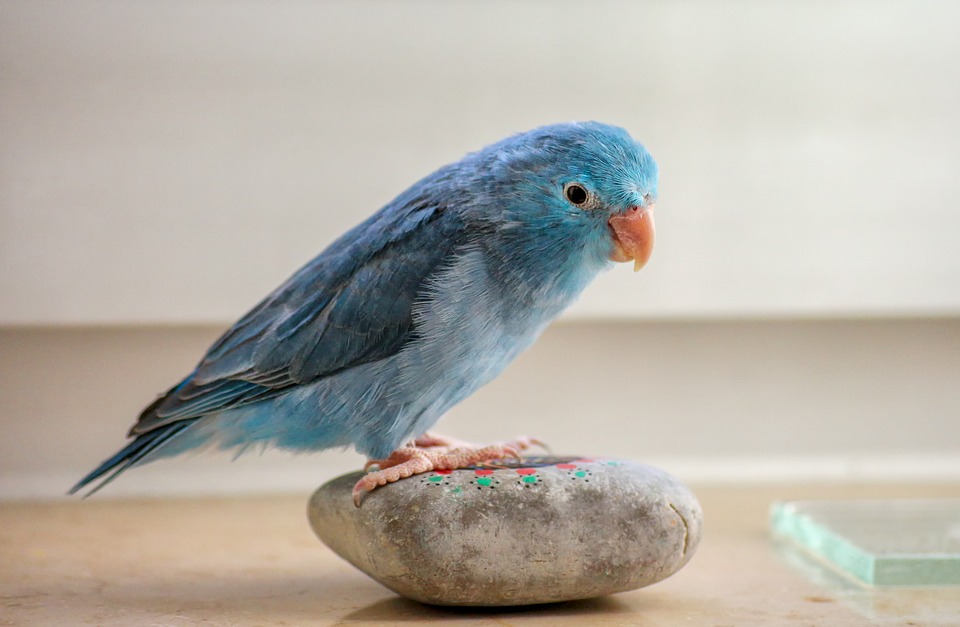
birds
Birds color the sky with their bright colors and songs, but like all animals on earth, they will one day die. Knowing the signs that your bird is dying is very important because somewhere in your life, you may need to prepare to say goodbye to your pet or take care of a bird that is in serious condition.
Instead of monitoring the vital signs in a critical situation, focus on various aspects that can be observed more efficiently, such as feathers, beaks, and breathing rate. If you want to know more about these symptoms, please read on.
1) Fluffy Feathers
Birds on the verge of death often ruffle their feathers. In its natural state, this behavior corresponds to one of the bird’s thermoregulatory mechanisms. If it is too cold or too hot, it will more or less ruffle its feathers to protect itself from the environment and to release heat from its body.
If your bird is constantly ruffling its feathers, it is most likely suffering from a severe and life-threatening infection. This does not mean that your bird will die immediately, but it will if not treated by a proper veterinarian.
2) Shivering
Shivering is also a very effective way for animals to regulate their body temperature. When a bird’s body temperature is very low, it will shiver to create heat in the body (thermogenesis). Unless the air is extremely cold, it is always a bad sign for a bird to be shivering.
3) Respiratory Problems
For birds, the respiratory system is an essential organ for chirping and mating calls. A bird with fast interrupted, or noisy breathing usually has a serious problem. At the same time, breathing difficulties can be manifested by significant changes in neck movement or posture.

4) A Bird That Stops Chirping
This is common but by no means definite sign that a bird is about to die. Many birds stop singing for reasons such as stress, molting (once a year), bad mood, or the end of the breeding season. Therefore, this symptom does not indicate imminent death in all cases.
5) Lethargy
Lethargy is a clinical sign that there is something wrong with all birds (regardless of species). As a rule, birds are energetic animals that move around. Because of their active metabolism, they need to eat enough to keep their internal thermometer normal. If it shows no movement whatsoever, your bird is definitely sick.
6) Swollen eyes
Another sign that a bird is dying is if its eyes are constantly swollen or half-closed. This symptom indicates sinusitis, an infection of the upper (or lower) respiratory tract. Breathing hard and vomiting mucus is also common in these cases.
7) Weight loss
This is because birds are feathered and usually have a very low basal weight (since their bodies must be fit for flight). Eventually, however, when the animal stops touching its food, the owner will notice something unusual.
It is a good idea to weigh the animal every week and note any weight loss in such cases. Touch the keel and breastbone (chest area), and if you feel a distinct texture, you know you have an underweight bird!
8) Losing Feathers
A bird’s feathers are a sign of its health. In many ways, this generalization is literal, as female birds select the males they mate with by their feathers. If the feathers are bright and strong, the bird is considered healthy.
On the other hand, a sick bird will have dull feathers, bald patches, and various skin lesions. This usually indicates an external parasitic infection and should be treated immediately. If the bird is consistently losing feathers, seek veterinary advice.
Let us know if these few tips have helped you in the comments below!





